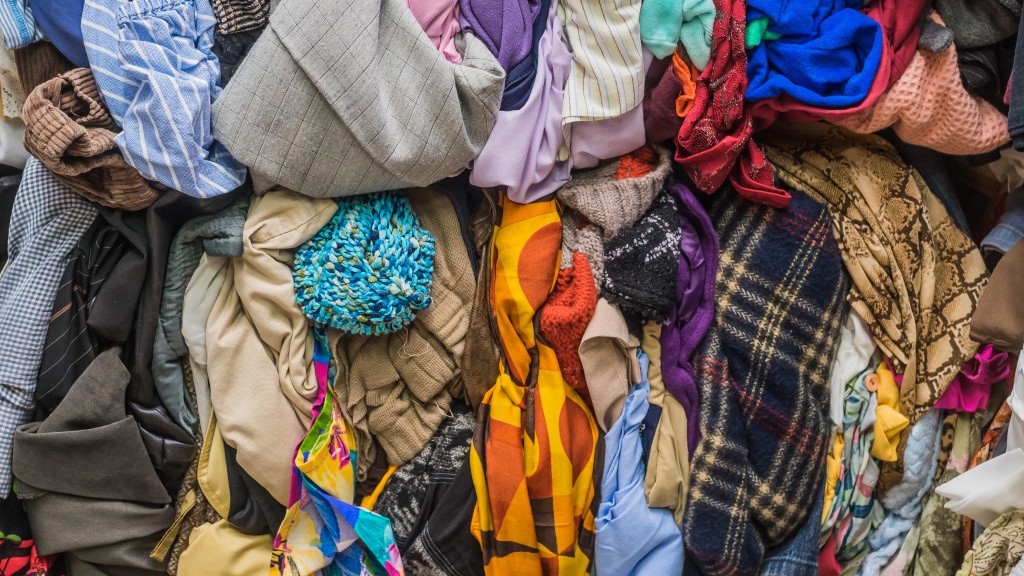Letter from the Editor: Cutting ties with fast fashion introduces new recycling uncertainty

Personally, I'm a big fan of mid-year resolutions. By the time summer rolls around, I've already forgotten everything that I promised myself I was going to do in the New Year, so it's nice to check in and re-evaluate my goals accordingly. Last month, as one of these resolutions, I decided to cut fast fashion out of my life entirely.
According to the United Nations Framework Convention on Climate Change, the total amount of greenhouse gasses emitted by textile production stands at around 1.2 billion tonnes of CO2e annually, more than all international flights and maritime shipping combined. Not only that, but this number is estimated to rise by more than 60 percent by 2030.
While quitting cold turkey seemed like the easiest option, cutting ties with fast fashion comes with its own unique set of social and economic barriers. Shopping sustainably is expensive. Ethical clothing has been historically slow to start when it comes to size inclusivity. Many people feel like there's no chance of change when you take into account the sheer magnitude of fast fashion brands that are out there. It can be overwhelming.
I started my journey off slowly by ordering a dress that I'd had my eye on for months. It was handmade and hand dyed with eco-safe inks by a small business, and by all accounts seemed to be the perfect sustainable garment. However, when it arrived, I immediately felt defeated.
The dress came in a polypropylene plastic bag, surrounded by plastic air pillows, contained in a box that could have fit at least 10 dresses. When I took into account the shipping materials and transportation logistics, I didn't feel much further ahead in my sustainability mission. Sure, I'd made a positive choice on the textile front, but now I was contributing to packaging waste. And not only that, now I was responsible for properly disposing of these hard-to-recycle, single-use plastics, something that can potentially be quite mystifying when taking things such as tape and labels into account. And I'm not alone in this.
A recent study by DS Smith shows that globally, there's a generational gap when it comes to recycling packaging. Out of all of the generations polled, 71 percent of Baby Boomers claim to hold themselves accountable for recycling their boxes responsibly, compared to 60 percent of millennials, 59 percent of Gen Z, and 58 percent of Gen X.
This gap can be attributed to a number of factors including a lack of clear instructions when it comes to disposal, confusion over which items can be recycled in which jurisdictions, or a lack of trust in recycling programs altogether. There are also social, economic, and public engagement constraints to take into account when considering barriers to recycling, all of which are closely interwoven. Due to this interconnectivity, it's clear that any solutions moving forward must address not just one barrier, but all of them, in order to increase recycling rates and implement a more effective recycling system as a whole.
And while ordering one garment from a small business won't be keeping any corporations up at night, it's still one small step toward positive change.


